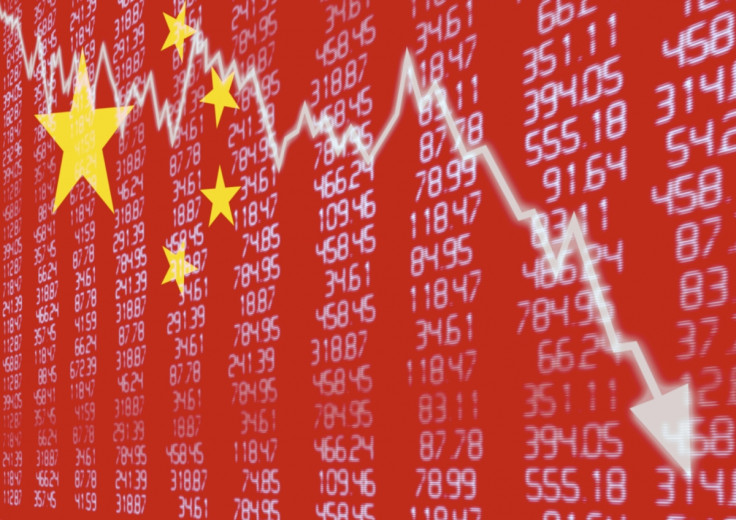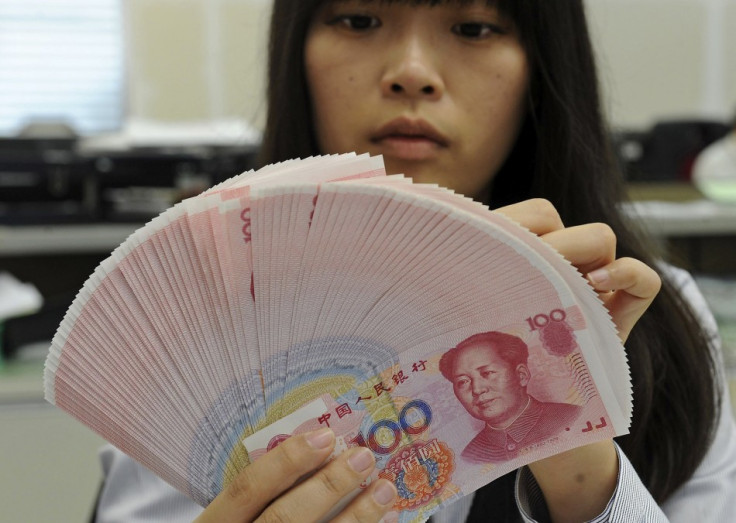China's credit boom on 'dangerous' path with massive consequences for global economy
New IMF report warns of an economic disruption, calls for remedial measures from Beijing.

Growth of the credit market in China is on a "dangerous trajectory", according to the International Monetary Fund.
In a new report, the IMF warned that there remains an increasing risk of a "disruptive adjustment" and/or a "marked slowdown in economic growth".
It sets out worrying evidence from previous credit booms which bear similarities to China's.
According to the Washington-based fund out of 43 of credit booms akin to the one it notes in China, only five were not followed by either a financial crisis or a major slowdown in economic growth.
China's recent economic expansion would have been significantly slower, by as much as 2 percentage points, without the credit boom, the IMF added.
It called on Beijing to take decisive remedial measures in order to gradually deflate the credit boom smoothly both to its, as well as the global economy's benefit.
China's economic growth has slowed, from an average of 10% per annum in the previous three decades to a rate of 6.7% in 2016, and the IMF expects the country's average rate of the growth to be around 6.8% through to 2020.
China's biggest single group of debtors are its state-owned enterprises (SOEs), although there have also been massive increases in the debts owed by other private businesses and households.
Many Asian analysts describe the SOEs as 'zombie companies' i.e. ones that are not financially viable and often in manufacturing segments where there is excess capacity.

It is such companies that account for the most pressing corporate debt issues, the IMF added. Atop worries over SOEs, a sudden fall in house prices could also pose a risk to financial stability.
Issuing further scathing criticism, the IMF also said Beijing "has had the tendency of boosting infrastructure spending, real estate activity and credit during economic downturns to meet growth targets" and the country's overt emphasis on headline growth must end.
© Copyright IBTimes 2025. All rights reserved.






















